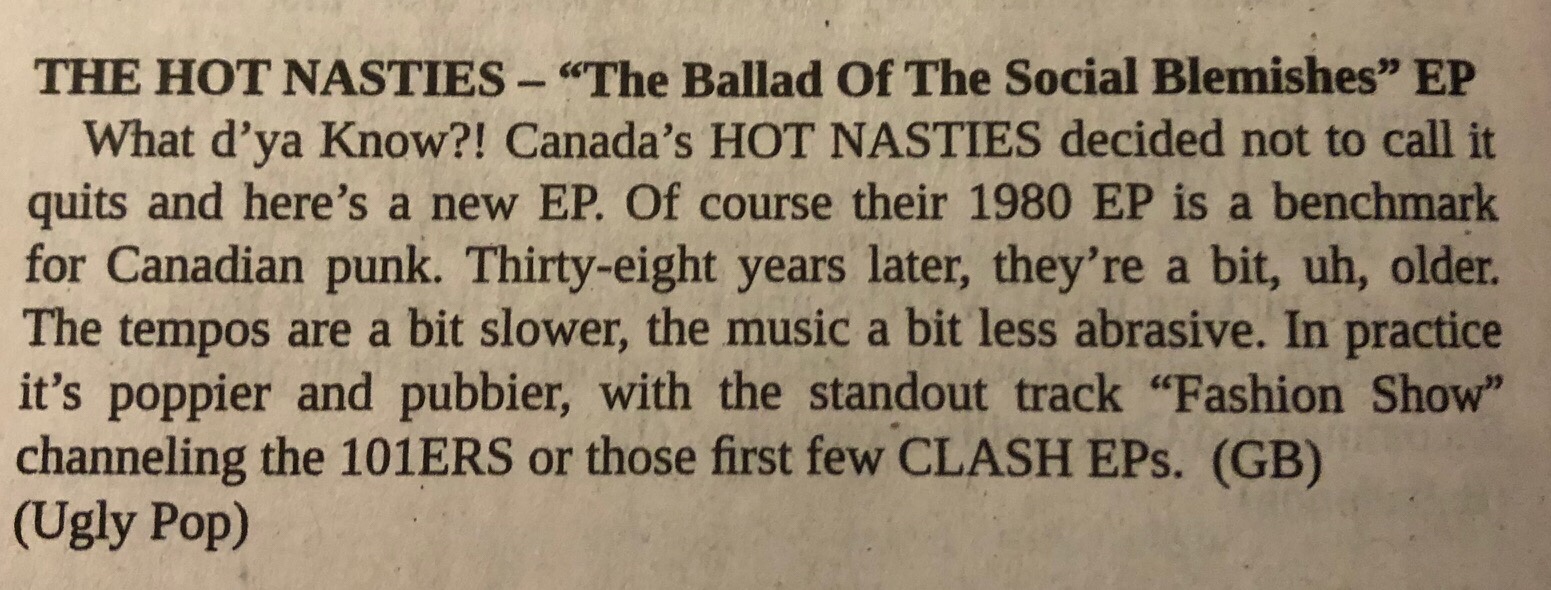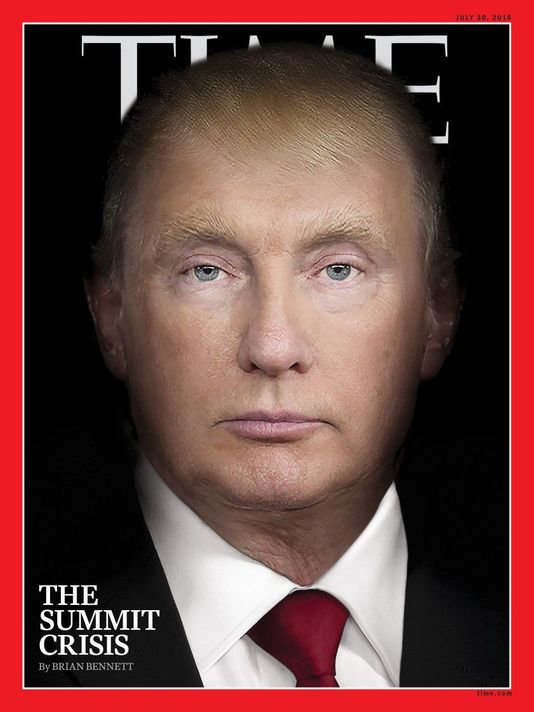My question.
How did someone with diagnosed psychosis get a restricted weapon?
— Warren Kinsella (@kinsellawarren) July 23, 2018
How did someone with diagnosed psychosis get a restricted weapon?
— Warren Kinsella (@kinsellawarren) July 23, 2018
Anyone seen the Liberal Party of Canada, lately?
It was here just a minute ago. You know: one of the most successful political parties in Western democracy. Charter of Rights, bilingualism, multiculturalism, keeping the country together: all that stuff, and more. Did well. Won elections, did good deeds.
But, lately, the Liberal Party has ceased to be a “party.” It has now become a “movement.”
It’s true. That’s what senior, senior Grit operatives have been saying for a while. The Liberals are a “movement,” now, and not merely a political party anymore.
These apparatchiks – and, we are reliably told, the Prime Minister of Canada himself – have taken to disparaging the “party” designation. They are a “movement,” now.
The Oxford folks define “movement” as “a group of people working together to advance their shared political, social, or artistic ideas.” But they’re missing something, with that. It’s too vanilla.
When you are part of a “movement,” you have a higher purpose. Your eyes shine with a transcendent zeal, and you believe you answer to a higher authority.
The higher authority, in this case, is Justin Trudeau.
Those around Justin Trudeau – and what an insular, tightly-knit little group they are! – actually refer to themselves, in private conversation, as a “movement,” now. Justin Trudeau’s.
He was the one who vaulted the Liberals from third place to first, his acolytes say. He was the one, alone, who returned them to the glories of majority rule. He was the one who – upon alighting upon the leadership stage – ushered in a bit of Trudeaumania Redux.
And it is true, he did those things. He did.
And, to give Justin Trudeau his due, too, he hasn’t wrecked the country. Notwithstanding the Indian Imbroglio and Grope-Gate – notwithstanding the lack of any significant legislative achievement – he is still standing. He’s alive, still.
Last week, he presided over a not-bad cabinet shuffle: demoting the singularly inept Melanie Joly; promoting capable stars like Pablo Rodriguez and François-Philippe Champagne; and handing the much-liked Dominic LeBlanc the task of calming the provincial waters – and, while no one was looking, taking Northern Affairs away from Carolyn Bennett and putting LeBlanc in charge. It was a good shuffle.
But Trudeau’s essential problem remains. Because his government is a “movement,” now – and not a political party, per se – Justin Trudeau is the one and only face we associate with it. He is his movement’s brand.
So, when he stumbles – as he indisputably has, in recent weeks, with the groping scandal – there is no one to step up and help absorb some of the body blows. There is no one else to help play defence.
Brian Mulroney had Don Mazankowski and Michael Wilson to watch his back. Jean Chretien had Herb Gray and Sheila Copps and others. Stephen Harper had John Baird and Jim Flaherty.
Justin Trudeau has no one.
Gerald Butts’ ridiculous tweets about the “alt-Right” only make things worse. Because, all evidence to the contrary, Justin Trudeau is indeed human. He pulls on his pants one leg at a time. He brushes his own teeth. He ties his own shoe laces. He makes mistakes.
Paradoxically, Trudeau’s strength has become his weakness. With charm, likeability and an impressive jawline, he lifted Liberals out of the ignominy of third place in 2015. But, somewhere along the way, he neglected to remember the one unalterable political truth: sooner or later, the ones who loved you come to hate you. Sooner or later, they get sick of your face – no matter how handsome that face may be.
He may still recover from all this, of course, mainly because he is lucky. On the world stage, he cannot help but look good when his main antagonist is Donald Trump. In the House of Commons, his principal opponents are a dud and a disappointment (and we don’t even need to identify which is which – you already know).
At the provincial level, he is increasingly surrounded by conservative Premiers – which makes his re-election more likely among the many (many) Canadians who hedge their bets at the ballot box, and who desire partisan balance.
In the end, Justin Trudeau has become, in Trumpian terms, big. His is the biggest name in Canadian politics. He is big, big, big.
But you know what they say about how the big ones: they fall hard.
Movement or not.
https://twitter.com/kinsellawarren/status/1020821001918197760?s=21
Maximum Rock’n’Roll is the premier punk rock magazine, and has been for decades. It is the punk rock non plus ultra.
And MRR has reviewed the first Hot Nasties record in decades – calling it “less abrasive” and “poppier” and even says it recalls Joe Strummer’s 101ers! Wow!
Here’s their take:

And here’s the video for the lead tune – now available on Ugly Pop Records!
From a few years back, but interesting. And a watch worth $14,000! That’s keeping expensive time, Bad Boy!
‘Bad Boy’ Lastman son faces legal woes; Charged Jan. 10 at Pearson airport $14,000 in goods alleged undeclared
Bob Mitchell
Toronto StarBad Boy furniture czar Blayne Lastman, known for wearing jailbird garb in his television commercials, is facing his own legal troubles.
Lastman, 44, has been charged with three Canada Customs violations, including allegedly smuggling goods worth more than $14,000 into Canada at Pearson airport.
According to public court information, Lastman is alleged to have failed to tell Canada Customs inspectors that he was bringing clothing, accessories and a watch worth a total of $14,152.29 back with him into Canada after arriving on a late flight Jan. 9.
“It’s being straightened out,” said Lastman yesterday when asked about the charges. “It’s really nothing.”
Lastman said he expects the case to be settled when he appears in a Brampton court April 1.
The youngest son of former Toronto mayor Mel Lastman was charged Jan. 10 at 1: 40 a.m. by Canada Customs inspectors working Terminal 2, according to the public information filed at the Grenville & William Davis Courthouse in Brampton.
Lastman was charged with making false or deceptive statements, evading or attempting to evade paying federal duties and taxes for the goods, as well as smuggling or attempting to smuggle goods in Canada, whether clandestinely or not, that are subject to duties and taxes into the country.
The showy businessman re-launched the Bad Boy name and outlandish commercials in 1991, 16 years after his father had gotten out of the furniture and appliance business.
Gerald used to get that. He apparently doesn’t anymore.
I have been writing about the far Right for decades. Calling a mainstream political opponent “alt-Right” is appallingly stupid – it creates a false equivalency between mainstream political actors and actual neo-Nazis. It is dangerous and despicable. #cdnpoli pic.twitter.com/YCrtbgVXzl
— Warren Kinsella (@kinsellawarren) July 20, 2018
One of the smart young people who works with me said: “@MooreNpd should say: I stepped aside and submitted to an investigation of alleged sexual misconduct. I was cleared. Why won’t @JustinTrudeau do likewise?” #cdnpoli
— Warren Kinsella (@kinsellawarren) July 19, 2018
